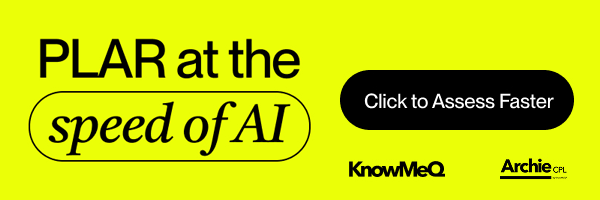Students with the Windsor-Essex Catholic District School Board have exceeded Ontario averages in all standardized provincial assessments, the board announced on October 12.
"The fact that so many of our students are exceeding provincial averages tells us that our mission to know every student so that we can better meet their needs as learners is working," said Executive Superintendent of Student Achievement Melissa Farrand. "We believe in continuously improving and we still have work to do, but these results tell us that we are moving in the right direction towards making certain all of our students can be successful learners."
In Grade 3 and Grade 6 reading, writing and math EQAO assessments, WECDSB students exceeded provincial averages by anywhere from 6 to 13 percent. In Grade 9 math, they exceeded provincial averages by 3 per cent, and on the Grade 10 literacy (OSSLT) assessment, they outdid the rest of Ontario by 6 per cent. Detailed data can be found in the attached graphs.
At St. André French Immersion Catholic Elementary School in Tecumseh, where the board announced its results, students in Grade 3 and Grade 6 exceeded provincial averages in all of those categories by anywhere from 14 to 33 percent.
All of the data that is gathered and analyzed is used by the board's administrators, teachers and support staff to guide learning through intentional programming that's tailored to the needs of schools and individual students, according to Superintendent Joumana Tawil. An essential part of that, she said, is focusing on "foundational skills."
"We build these skills through explicit instruction as well looking at individual student needs and providing small group instruction based on those needs," she said. "We are constantly reflecting on what is working and what we need to improve on. We look at a variety of data sources to help inform our instruction, and EQAO is one of those sources."
Students wrote the assessment last May, marking the second year in a row that they participated in a newer modernized test designed to better meet the needs of all students.
"The new assessments are better aligned with actual classroom instruction, and they include a new suite of technological tools better designed for students to more adequately express their comprehension of any given subject," said Michelle Evon, the WECDSB's Assessment and Evaluation Consultant.
The board will continue to use its data to identify those schools that require additional supports, but also by determining what strategies work best for each student, Farrand said.
"It's all about figuring out what works best for individual students and providing them with the help they need," she said.













